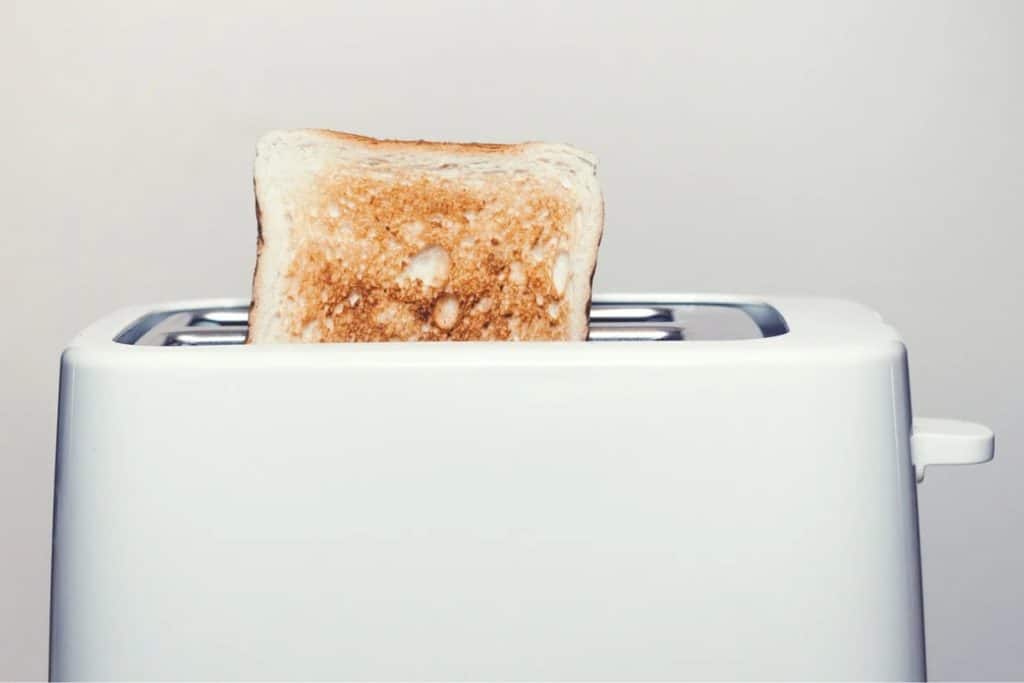This article is about whether a “no cooking” by-law is valid.
Introduction
Can a by-law prohibit the cooking of food including toasting bread in a lot? The answer is “no” according to NCAT. However, there is a silver lining in NCAT’s ruling.
Background
A large residential strata building is located in Newcastle, New South Wales. The building contains 87 residential lots. The building was previously an aged care facility. The building contains a commercial kitchen for shared use by the building’s occupants. Four of the lots have cooking facilities that were installed by the developer. Those lots are substantially larger than the other lots. The other lots each contain a room and bathroom measuring between 21m2 and 30m2. It would be difficult to install a kitchenette in those other lots.
The By-Law
By-law 25 for the building prohibited the cooking of food in any lot except a lot with kitchen facilities that were installed by the developer. The ban on cooking was so extensive that it even covered toasting bread.
The NCAT Case
A lot owner, Mr Franklin, objected to the by-law. He considered that a ban on cooking went against his right as an owner to do what he wants in his lot and was unreasonable and restrictive. He applied to NCAT for an order to invalidate the by-law on the grounds that the by-law was harsh, unconscionable and oppressive.
The owners corporation argued that the by-law had existed for many years, that there was a large commercial grade kitchen in the building where residents could cook and, if residents were allowed to cook in their small lots, that may create a fire risk.
NCAT’s Decision
NCAT held that the ability to cook in a lot was an ordinary property right enjoyed by an owner or resident of a lot. NCAT said that a by-law that limits the property rights of owners is only valid if it protects against unreasonable interference with another resident’s use and enjoyment of his or her lot or the common property. NCAT was not satisfied that the by-law imposing a blanket ban on cooking in lots did so.
NCAT held that the evidence did not demonstrate that cooking in a lot including toasting bread would cause a fire risk or offensive odours which could not be managed. NCAT also said that whilst it might be difficult to install a kitchenette in a small lot, the by-law prohibited all cooking including use of a toaster which was unreasonable because a toaster could be used in a small space.
Ultimately NCAT concluded that the by-law imposed a blanket ban on cooking without any consideration of whether the cooking would impact on another resident’s use and enjoyment of their lot or common property, that cooking in one’s home is a right connected with the property and could be done (at least in some cases) without having a detrimental impact on the amenity of other residents and as a result of those matters the by-law was harsh, unconscionable or oppressive and therefore invalid.
A Silver Lining
The final part of the by-law permitted the owners corporation to recover from an owner false fire alarm call out fees charged by Fire & Rescue NSW when a resident cooked in a lot which caused a smoke alarm to be triggered. NCAT saw nothing wrong with that part of the by-law and held that it could remain in place. This lends weight to the argument that “cost recovery” type by-laws are enforceable.
Conclusion
The case is yet another example of NCAT invalidating a by-law that imposes a blanket ban on an activity that is capable of being carried out in a way that does not create an unreasonable interference with the use and enjoyment of lots and common property by other residents. The case demonstrates that an owners corporation must be careful to ensure that any by-law that prohibits altogether a certain activity does not overstep the mark otherwise it will not be enforceable.
Case Name: Franklin v The Owners – Strata Plan No. 87497 [2022] NSWC
Adrian Mueller JS Mueller & Co Lawyers E: adrianmueller@muellers.com.au P: 02 9562 1266
This post appears in Strata News #634.
If you have a question or something to add to the article, please leave a comment below.
EmbedDisclaimer: The information contained in this article is provided for your personal information only. It is not meant to be legal or professional advice nor should it be used as a substitute for such advice. You should seek legal advice for your specific circumstances before relying on any information herein. Contact JS Mueller & Co for any required legal assistance.
JS Mueller & Co Lawyers has been servicing the strata industry across metropolitan and regional NSW for over 40 years. We are a specialist firm of strata lawyers with in depth and unmatched experience in, and comprehensive knowledge of strata law and levy collection.
Read next:
- NSW: Q&A Can We Have BBQs or a Small Fire Pit on the Apartment Balcony?
- SA: Q&A Repairing exhaust fan to stop cooking smells from my unit
- NSW: Q&A Are we expected to pay the huge fire call out fee?
This article has been republished with permission from the author and first appeared on the JS Mueller & Co Lawyers website.
Visit our Strata By-Laws and Legislation OR NSW Strata Legislation
Looking for strata information concerning your state? For state-specific strata information, take a look here.
After a free PDF of this article? Log into your existing LookUpStrata Account to download the printable file. Not a member? Simple – join for free on our Registration page.
